Bariatric (stomach stapling) surgery quickly and successfully reverses type 2 diabetes (T2D). The most recent trial was published in the New England Journal of Medicine on 242 adolescents undergoing bariatric surgery. Most got Roux-en-Y bypass, with most of the rest getting sleeve gastrectomy. After 3 years, the results were good. 74% of high blood pressure resolved. 66% of abnormal lipids resolved. 86% of abnormal kidney function resolved. And Type 2 diabetes? Glad you asked. A stunning 95% of type 2 diabetes was reversed, with a median A1C was 5.3%. (But wait, doesn’t the American Diabetes Association call this a chronic and progressive disease? Don’t experts call this an uncurable disease?)

But there are complications. Within 3 years, 13% of the participants required surgical re-intervention. Most of these procedures involved esophageal strictures that required dilatation. The esophagus starts to scar and then it narrows down resulting in difficulty eating. They shove progressively larger sized tubes down the patients throats to open things up (lovely). This procedure is often repeated over and over.
Interestingly, the T2D is often reversed within weeks and far, far before significant weight is lost. For example, a 500 pound man might lose 50 pounds in a few months. That’s great, but that still leaves him at 450 pounds. Despite this weight, T2D is often fully reversed. Why does it work? There are many theories. But it is pretty obvious how bariatric surgery really works its magic. Bariatrics is surgically enforced fasting. But let’s look at the competing hypotheses.
The first hypothesis proposed was that the benefits are due to the surgical procedure itself. Maybe removing part of the healthy stomach or rewiring normal, healthy intestines into an abnormal, artificial man-made configuration somehow improves things. This is very far-fetched, but known as the foregut hypothesis. The normal stomach secretes certain hormones, including incretins. By removing the stomach, some as-yet-unknown hormone that mysteriously induces T2D would also be removed.

This is obviously pretty wrong. Gastric banding involves putting a band around the stomach to stop people from eating. This also reverses the T2D despite the fact that none of the stomach as actually removed. If the T2D was due to the mystery hormone secreted from the stomach, the gastric banding surgery would not be effective. But it is almost as effective as the traditional stomach stapling.
The foregut hypothesis would also not explain why T2D often recurs in these bariatric patients years later. Since the stomach is surgically removed, it cannot regenerate the ability to secrete these hormones. Neither has anybody actually figured out what this mystery hormone actually is. This proves the rather obvious point that the removal of healthy stomach doesn’t really have any true benefits.
There was also a hind gut hypothesis. Because the stomach was gone, food moves faster movement to the far reaches of the small intestine. Perhaps this big lump of food would stimulate release of appetite suppressing hormones from the stomach. Except that there is no stomach. Also, there is no big bolus of food because the stomach is the size of a walnut. So, that doesn’t seem to work either. And once again, procedures that did not rewire the intestines seemed to work almost as well as those that did. So, the hindgut hypothesis didn’t make much sense either.
We can compare the effect on insulin sensitivity of different bariatric procedures. Diet, Roux-En-Y bypass and other surgical techniques do not differ substantially in their ability to reduce insulin resistance – it only matters how much weight is lost. It did not matter whether you cut the stomach or not. It did not matter if you rewire the intestines or not. The top two (BPD – Biliary Pancreatic Diversion) refers to a surgery no longer done. The only thing that mattered was the weight loss.

The second major attempt to explain the benefits of bariatric surgery involved total (subcutaneous + visceral) fat. We imagine fat cells sitting there doing nothing like a sack of potatoes all day long. However, that’s not really true. Fat cells (adipocytes) can actively secrete many different types of hormones.
For example, fat cells can secrete leptin, which is a regulator of body weight. Normally, as there are more fat cells, leptin increases and the body tends to go down in weight. Obesity, though is a leptin resistant state. Adipocytes can also take testosterone and turn them into estrogens instead, leading to the familiar phenomenon of ‘man boobs’. So adipocytes are not metabolically inert, but active players in hormone secretion.

Perhaps adipocytes themselves can play a role in sustaining obesity and type 2 diabetes. In that case, removing fat cells reduces this mystery hormone and the diabetes goes away. But there are several big problems with this theory. Mainly it does not explain how T2D disappeared within weeks – long, long before these patients had lost any substantial fat mass.
A New England Journal of Medicine study looked at the metabolic effects of liposuction. Surgeons hoped that removing subcutaneous fat cells would improve the insulin resistance of T2D. Proving metabolic benefit of liposuction would secure Medicare funding. Otherwise as a cosmetic surgery, it would remain unfunded. Liposuction can only remove subcutaneous fat (under the skin) and not the visceral (around the organs).

In the study, liposuction removed 10 kg (22 pounds) of the subcutaneous fat. That’s great, but that’s not our question. Was there any metabolic benefit? There was no significant improvement in the blood sugar readings. There was no metabolic improvement, only cosmetic ones.
The subcutaneous fat does not play a causal role in T2D, emphasizing the distinction between visceral and subcutaneous fat. Visceral fat is stored in the organs (predominantly the liver, but also the pancreas) and around the intestines. It is often called a ‘beer belly’ since people often have skinny legs and arms, but a large belly. This is classic, since beer contains lots of carbohydrates and chronic overconsumption often leads to metabolic syndrome. This is also aptly called ‘Wheat Belly’ by Dr. William Davis. Visceral fat is metabolically the most important. Unfortunately, it is also the most common. Fasting and bariatric surgery preferentially removes visceral fat whereas liposuction removes subcutaneous fat. This partially explains why bariatrics leads to metabolic improvement even before all of the weight is lost. Subcutaneous fat while just does not play much of a role in disease.

There is no real magic here. All different types of surgery work – because they all have one thing in common – a sudden severe caloric reduction. Simply put – Bariatrics is surgically enforced fasting.

All of the benefits of bariatric surgery accrue because of the fasting. Studies show that fasting is actually superior to surgery in both weight loss and reduction in blood sugars. Patients scheduled for bariatric surgery underwent a period of fasting immediately prior. This would burn a lot of the liver fat. The smaller liver makes surgery easier, especially with the newer laparoscopic techniques. Comparing the effects of the fasting with the surgery right after, fasting was clearly superior in terms of weight lost (7.3kg vs 4kg) and reduction in blood sugars.
We know that bariatric surgery is quite effective at reversing T2D and also, over time, reducing weight. We also know that bariatric is simply surgically enforced fasting. So here’s the crucial question. If all the benefits come from fasting, why not do the fasting and skip the surgery entirely? In essence, fasting is ‘bariatric surgery, without the surgery’. Medical Bariatrics.

So, why don’t we do it? No good reason. It’s just a little crazy. If I, as a doctor, recommend cutting out a person’s healthy stomach and rewiring their intestines from the normal configuration to some bizarre man-made creation, people think I’m great. If I recommend fasting, which accomplishes everything that bariatric surgery does without any complications or costs, then I’m some kind of crazy Internet guy with a tin foil hat on his head.
We believe that we cannot fast by ourselves, without help. That we are too weak-willed. That it is too hard. That we will all likely fail without help. What is disturbing is that this assessment is made before anybody has even tried to fast.
People say this to me all the time. “I can’t fast for 1 day”. So I ask them, “How do you know? Have you tried it?” To which they answer, “No, I just know that I can’t”. WTF?? How do you know that you cannot fast if you have never tried it. In fact, it is clear that almost everybody can fast. There are literally millions of people around the world who fast for religious purposes on a regular basis. It is part of virtually every major religion in the world. Like anything else, doing it more often makes it easier. But to simply give up without even trying? That’s just wrong.
Likewise, consider the colonoscopy procedure – now routinely done millions of times a year. In order to prepare for this procedure, it is often standard to fast for 24 hours so that there will be less stool in the intestines to get a better view. Is it fun? Not really, but that’s not my point. People can fast if they put their minds to it. It doesn’t take particular skill – almost everybody can do it. This is because fasting is not something ‘to do’ – it’s something ‘to NOT do’. It is the absence of, not the addition of. This makes it almost the exact opposite of every piece of advice ever given. Take vitamins. Take drugs. Take surgery. That’s probably why fasting is so successful.
So here’s the bottom line. Bariatric surgery has many proven benefits. Multiple studies show a short term benefit, although long term, it is more questionable. Weight loss and T2D are successfully reversed in the short term. But it’s not necessary. Imagine this. Bariatrics without surgical post operative complications. Without cost. Without the need for expensive hospitals or surgical equipment. Without the need for specially trained surgeons. You can simply do ‘medical’ bariatrics – or bariatrics without the surgery – fasting.
For Fasting series start here – Fasting Part 1
Continue to T2D part 7 “Insulin Resistance is Good?”
For T2D series start here – My Journey

By The Fasting Method
For many health reasons, losing weight is important. It can improve your blood sugars, blood pressure and metabolic health, lowering your risk of heart disease, stroke and cancer. But it’s not easy. That’s where we can help.

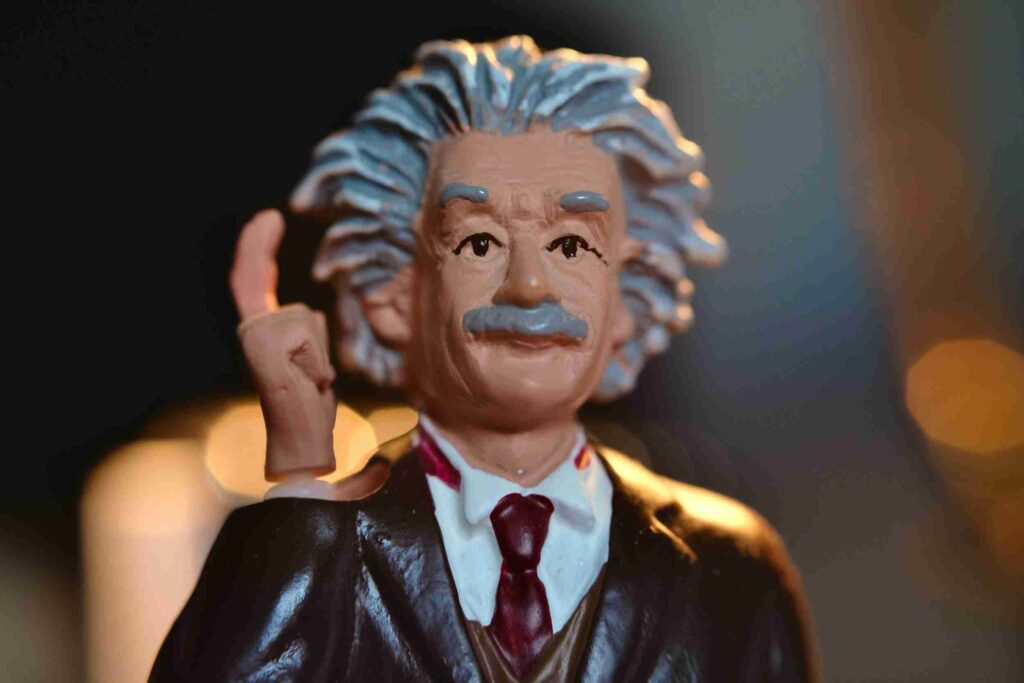




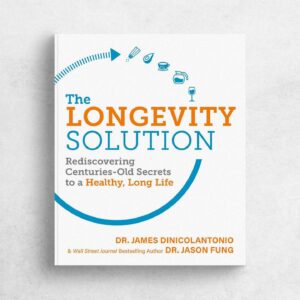
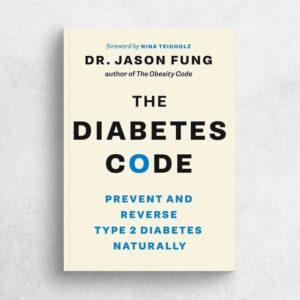
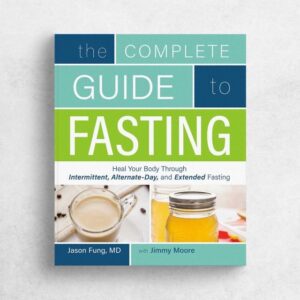
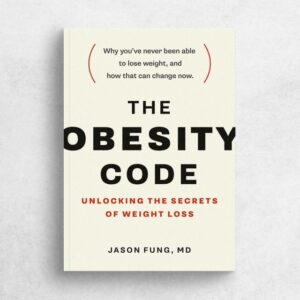

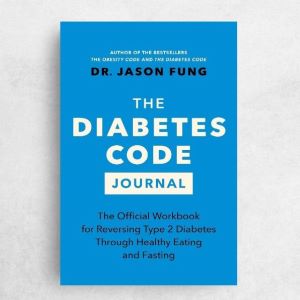
Responses